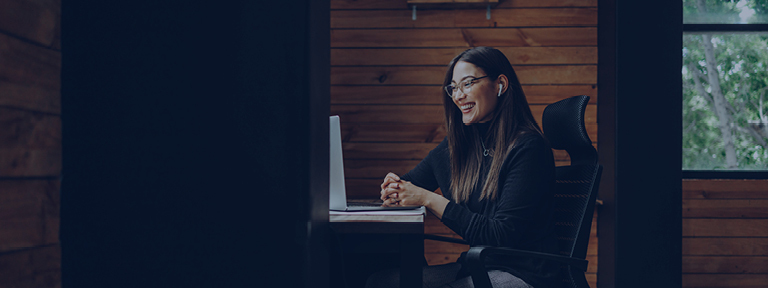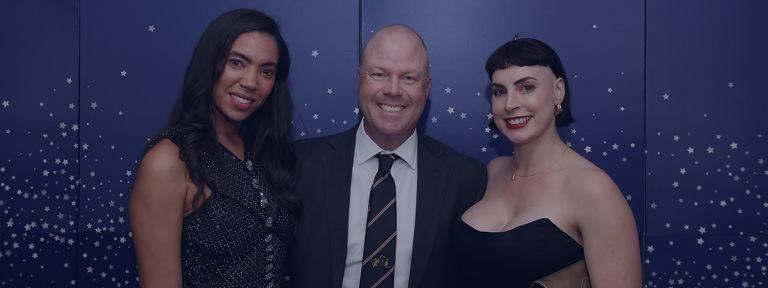Insights
2 April 2024
Adapting to Changing Talent Demands in Creative Industries
Creative sectors such as advertising, design and digital media constantly evolve with changing technology, consumer behaviour and cultural trends.
Creative sectors such as advertising, design and digital media constantly evolve with changing technology, consumer behaviour and cultural trends.
So, the industry requires a workforce that is creative, innovative, adaptable, and skilled in new technology. This blog explores the shifting talent needs in the creative industries, highlighting key trends and implications for professionals working there.
The rise of digital and technological proficiency
The most significant change in the creative industries over the past few decades has been the digital revolution. Digital technology has transformed traditional mediums, creating new content, distribution and consumption opportunities. So, digital proficiency is now essential in many creative roles.
For instance, graphic designers must be adept in the latest design software, while digital publishers must understand the intricacies of online distribution channels. This shift requires a talent pool that is fluent in digital technology and comfortable with constant learning to keep pace with technological advancements.
The importance of cross-disciplinary skills
As the boundaries between different creative sectors become less defined, there is a growing demand for professionals with cross-disciplinary skills.
The rise of online content marketing and social media has created a need for individuals who can blend creative writing with strategic marketing knowledge.
Designers also require technical skills combined with an understanding of user experience. This trend towards cross-disciplinary skills reflects a broader shift in the creative industries towards more integrated and multifaceted approaches to content and design.
Adaptability and continuous learning
The nature of the creative industries means that adaptability and a willingness to engage in continuous learning are increasingly essential traits for creative professionals. Trends can change rapidly, new platforms emerge, and consumer preferences evolve, requiring flexibility and proactiveness in acquiring new skills and knowledge.
The most successful professionals in the creative industries view education as a lifelong endeavour and are open to exploring new avenues for creativity and innovation.
Communication and collaboration
While creativity and technical skills are crucial in the creative industries, effective collaboration and communication are also vital. Many projects involve multidisciplinary teams, requiring professionals to work together seamlessly across different roles.
Moreover, the global nature of many creative projects and the need for cross-cultural communication require soft skills such as teamwork, communication, and project management, as well as a working knowledge of comms software like Zoom, Google Meet, and Teams.
Adaptability is critical to success
Key drivers for future success will be remaining flexible to change, being committed to developing cross-disciplinary skills and being open to learning and innovation. So, being positive and proactive are critical assets for contemporary creative talent.
For more information and advice, contact Katie or Lil on +44 (0) 20 3116 0000 or katie.rogers@emr.co.uk | lillian@wearesource.co.uk
Related blog
Check out the latest in creative industries and recruitment.










